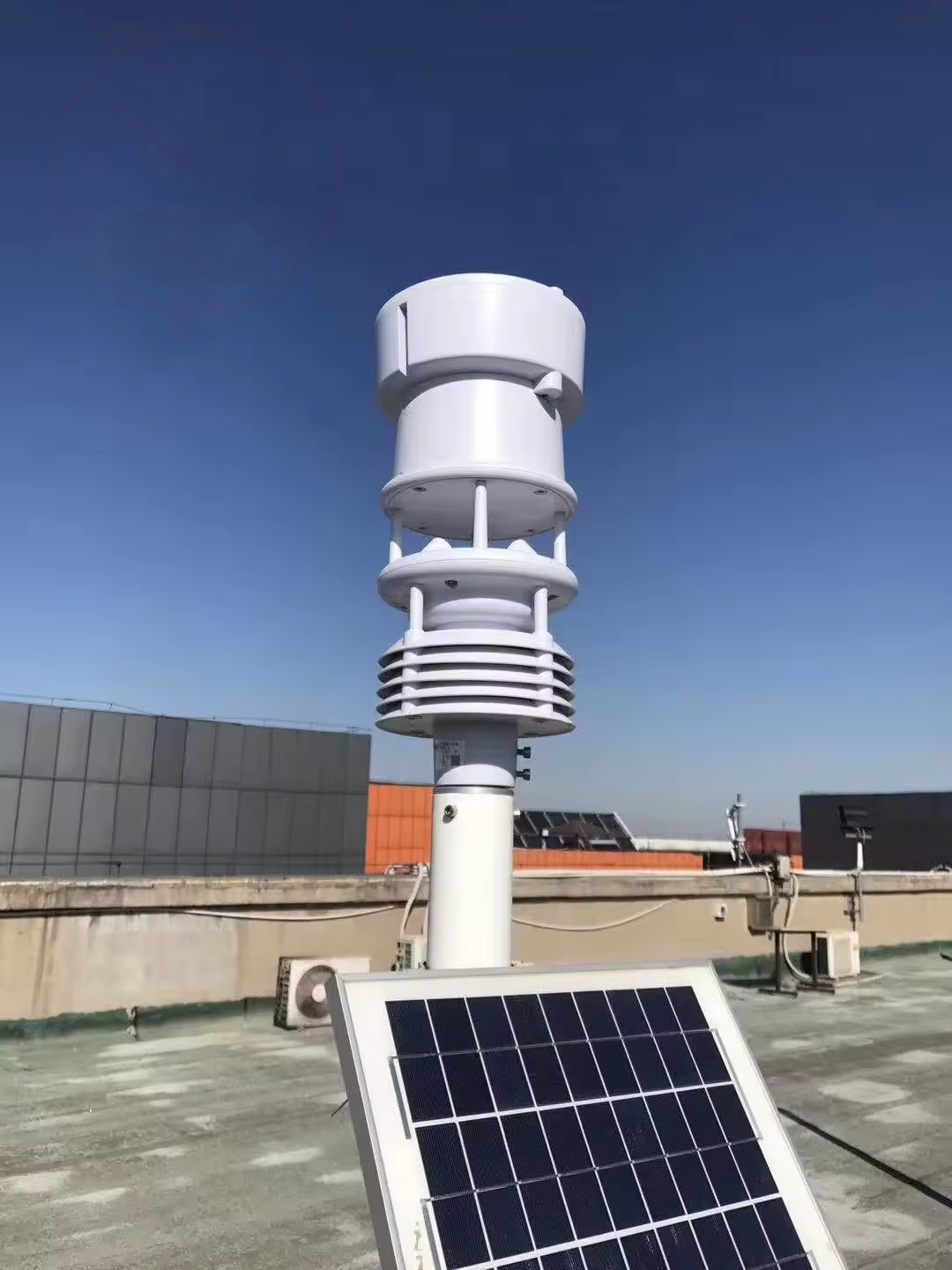A new chapter in precision agriculture: Smart weather stations help Russia modernize its agriculture
As an important food producer in the world, Russia is actively promoting agricultural modernization to improve agricultural production efficiency and ensure food security. Among them, smart weather stations, as an efficient and precise agricultural management tool, are playing an increasingly important role in Russia’s vast farmland, helping farmers cope with climate change, optimize planting decisions, and increase yields.
Smart weather stations: “Weather advisors” for agricultural production
Smart weather stations can monitor key meteorological data such as temperature, humidity, wind speed, rainfall, soil moisture, etc. in real time, and transmit the data to farmers’ mobile phones or computers through wireless networks. These data provide farmers with a scientific basis to help them accurately arrange agricultural activities such as sowing, irrigation, fertilization and harvesting, minimize climate risks, and improve agricultural production efficiency.
Russian agricultural application cases:
Project background:
Russia has a vast territory, complex and diverse climatic conditions, and agricultural production faces severe challenges.
Traditional agricultural management methods rely on experience, lack scientific data support, and are difficult to cope with extreme weather events.
The emergence of smart weather stations provides farmers with a new tool for precision agricultural management.
Implementation process:
Government support: The Russian government actively promotes the development of precision agriculture and provides subsidies for farmers to purchase smart weather stations.
Enterprise participation: Domestic and foreign enterprises actively participate and provide advanced smart weather station equipment and technical services.
Farmer training: The government and enterprises organize training to help farmers master the use of smart weather stations and data analysis skills.
Application results:
Yield increase: The crop yield of farmland using smart weather stations has increased by an average of 10%-15%.
Cost reduction: Precision irrigation and fertilization reduce the waste of water resources and fertilizers and reduce production costs.
Risk avoidance: Obtain extreme weather warning information in a timely manner, take preventive measures in advance, and reduce losses.
Environmental benefits: Reduce the use of fertilizers and pesticides, protect soil and water resources, and promote sustainable agricultural development.
Future prospects:
The successful application of smart weather stations in Russian agriculture has provided valuable experience for global agricultural development. With the continuous promotion of precision agriculture technology, it is expected that more farmers will benefit from the convenience and benefits brought by smart weather stations in the future, promoting Russian agriculture to develop in a more modern and intelligent direction.
Expert opinion:
“Smart weather stations are the core technology of precision agriculture, and are of great significance for improving agricultural production efficiency and ensuring food security,” said Russian agricultural experts. “It can not only help farmers increase production and income, but also save resources and protect the environment. It is an important tool for achieving sustainable agricultural development.”
About smart weather stations:
Smart weather stations are devices that integrate multiple sensors and can monitor meteorological data such as temperature, humidity, wind speed, rainfall, soil moisture, etc. in real time, and transmit data to users’ smart devices through wireless networks, providing a scientific basis for agricultural production.
Post time: Feb-22-2025


